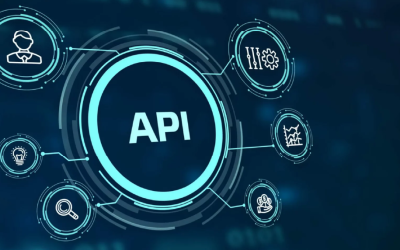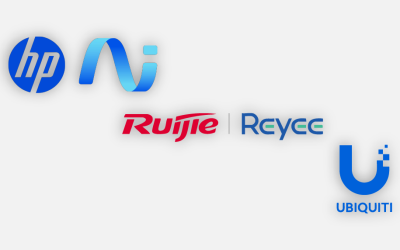Jargon Buster: Demystifying IT Terminology with a Focus on Value

The jargon buster aims to give simple, plain English explanations of typical words and/or phrases used in the IT field, making it easier to stay informed. This month’s theme is Humans, highlighting the growing focus on human connection and ethical progress.
Human-Centred Design (HCD): A design approach prioritising usability, human needs, and user experience in technology creation.
Digital Equity: Equal access to technology and digital resources for individuals, regardless of socio-economic background.
Augmented Intelligence: AI systems designed to enhance human decision-making, not replace it.
User Persona: A data-based profile of target users, guiding product development to match user behaviours and needs.
Empathy Mapping: A tool to explore users’ emotions and experiences for more effective solutions.
Ethical AI: AI systems prioritising transparency, fairness, and respect for human dignity.
Tech Accessibility: Ensuring technology is usable by individuals with diverse abilities, including those with disabilities.
Human-Computer Interaction (HCI): The study of designing effective interfaces between people and computers.
Workplace Well-being Technology: Tools promoting health, productivity, and work-life balance in tech workplaces.
People Analytics: Using data insights to optimise workplace dynamics and employee engagement.
Q&A
Do you think artificial intelligence will influence telecommunications?
Absolutely. AI is already revolutionising telecommunications by enabling predictive maintenance, optimising network performance, and bolstering security through real-time threat detection.
Will AI in telecommunications have a positive or negative effect?
While AI presents opportunities like improved performance and fewer network outages, it also introduces challenges such as hefty infrastructure investment and data security concerns. As with any technology, the impact will depend on how it’s implemented and managed.
How have advancements in telecommunications affected people socially?
Technology has undoubtedly increased communication options, but it’s also led to reduced face-to-face interaction. Many people now opt for digital communication, which can foster social awkwardness and reduce the need for human connection.
How might telecommunication advancements affect people in the future?
As telecommunications technology evolves, the ability to communicate effectively through soft skills will become a distinguishing trait. Those who excel in interpersonal communication will thrive in increasingly digital environments.
Want to learn more about our services?
Want to learn more about our services?
Other Articles & Blogs
Scaling Smarter: The IT Foundations Behind Real Business Growth
Scaling Smarter: The IT Foundations Behind Real Business GrowthEvery business talks about growth, whether it’s boosting revenue, expanding teams, or improving efficiency. But behind the scenes, sustainable growth doesn’t happen without the right IT strategy to support...
How to Trust Your Software Developer with Your Cybersecurity
APIs & Ecosystems: How Smart Digital Connections Accelerate Business GrowthThe most successful businesses aren’t always the ones building the most software, they’re the ones that master connecting their software. In today’s digital economy, growth comes not just...
Power Growth with the Latest Tech – Built for Business
Power Growth with the Latest Tech – Built for BusinessThe future of your business doesn’t wait and neither should your tech. At Unity Tech Shop, we help you stay ahead with the latest innovations from the world’s most trusted brands. Whether you're scaling up,...



